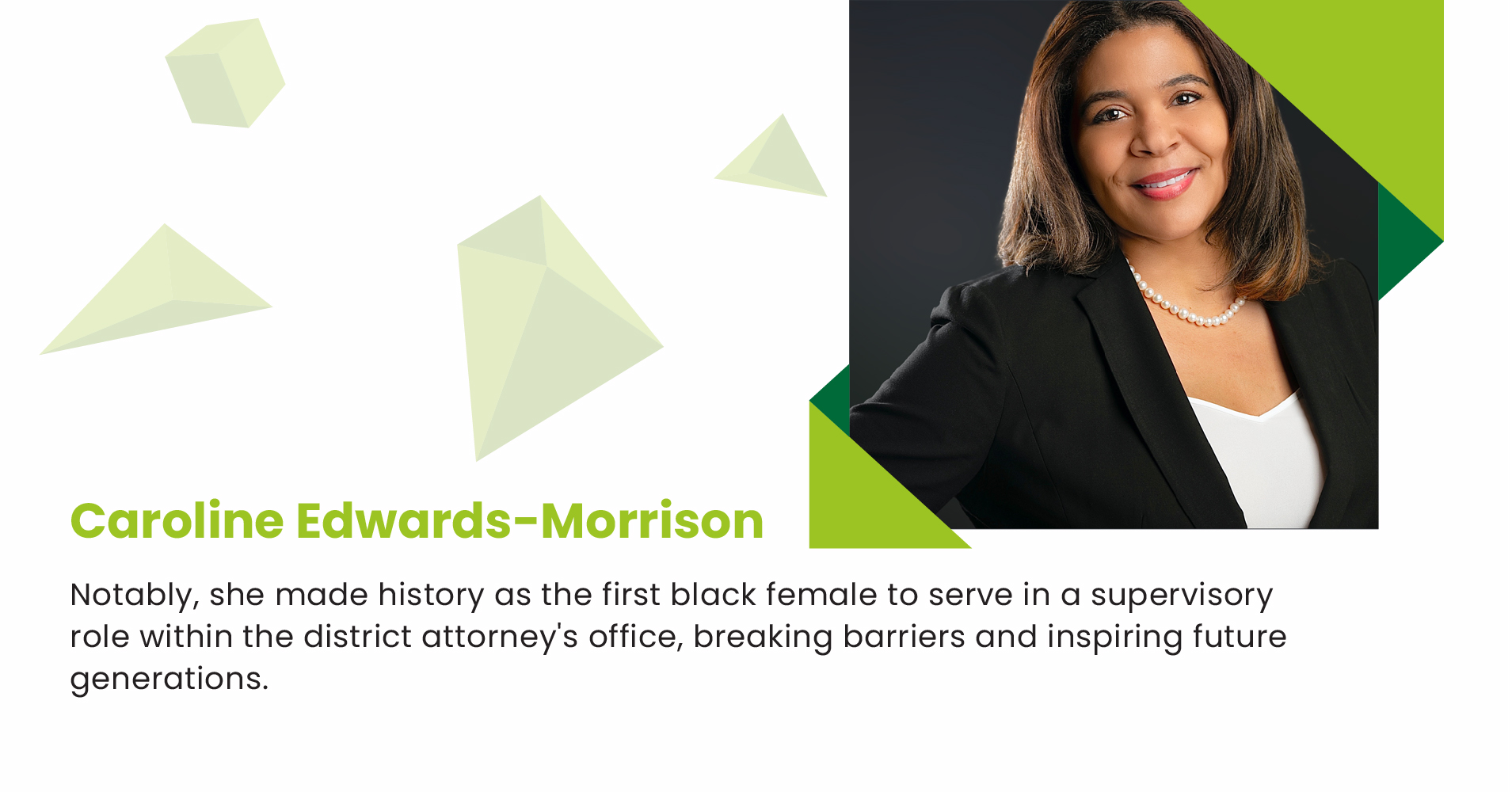
Navigating the legal system can be daunting for anyone, especially when it’s your first time. The intricacies of the law and the overwhelming amount of paperwork make it essential to understand the framework and the paths available to achieve justice. For over ten years, the Rochester judicial system has been my arena, where I’ve seen triumphs, heartbreaks, and moments of sheer confusion. This article provides insights into the complexities of the legal maze, offering practical tips and strategies to make your journey through the Rochester courts less bewildering.
The Importance of Legal Counsel
One of the most critical lessons learned over the past decade is the importance of having competent legal counsel. Whether you’re facing criminal charges, negotiating a divorce settlement, or pursuing a personal injury claim, your attorney plays a crucial role in protecting your rights and ensuring your interests are represented. Choosing the right attorney is not just about finding someone knowledgeable but also someone who understands your unique situation. A good attorney will clarify complex legal jargon, set realistic expectations, and guide you through each step of the process.
Understanding Jurisdiction and Venue
A common area of confusion is jurisdiction and venue. Jurisdiction refers to a court’s authority to hear a case, which depends on the nature of the crime or dispute and the geographic location where it occurred. Venue, on the other hand, is about the specific court within the jurisdiction that is best suited to hear the case. For example, in family law matters involving custody disputes, the venue is often based on where the children reside. Misunderstanding these concepts can lead to delays or even the dismissal of your case.
Criminal vs. Civil Law
The distinction between criminal and civil law is another area that often trips up those unfamiliar with the legal system. In criminal cases, the government brings charges against an individual or entity, and penalties can include fines, imprisonment, or probation. Civil law, however, concerns disputes between individuals or entities where one party seeks compensation or another form of remedy. Understanding the difference is crucial because it determines the procedures and rights available to the parties involved. For instance, in civil cases, the standard of proof is a preponderance of the evidence, whereas, in criminal cases, it’s beyond a reasonable doubt.
Filing and Deadlines
Navigating the courts also involves meticulous attention to deadlines and filing requirements. Each type of case has its own set of rules and timelines that must be strictly adhered to. Missing a filing deadline or failing to submit the correct documentation can have severe consequences, including the dismissal of your case or the inability to present crucial evidence. Courts have become more flexible with electronic filing systems, but it’s still essential to stay organized and ensure all required paperwork is submitted accurately and on time.
Discovery and Evidence
Discovery is a pre-trial phase where parties exchange information relevant to the case. It can include interrogatories, depositions, and requests for documents. Being thorough during discovery is critical, as missing evidence or inconsistencies can damage your case. Once the trial starts, rules of evidence come into play, dictating what information can be presented in court. Familiarizing yourself with these rules or having a legal professional guide you can significantly impact the outcome of your case.
Alternative Dispute Resolution
Court trials are not the only way to resolve disputes. Alternative dispute resolution (ADR) methods, such as mediation and arbitration, have grown increasingly popular in Rochester due to their cost-effectiveness and time-saving benefits. Mediation involves a neutral third party helping the disputing parties reach a mutually acceptable agreement. In arbitration, an arbitrator listens to both sides and makes a binding decision. Understanding the pros and cons of ADR can help you decide the best course of action for your particular situation.
The Role of the Jury
For those facing a jury trial, understanding the jury selection process is essential. The jury’s makeup can significantly influence the trial’s outcome. Both parties can challenge potential jurors to ensure a fair and impartial panel. Lawyers can also strategically present their cases to appeal to the jury’s sensibilities, highlighting the importance of a clear, compelling narrative.
Sentencing and Appeals
After a trial, the next phase involves sentencing in criminal cases or judgments in civil cases. Sentences can range from probation to life imprisonment, while civil judgments often involve monetary compensation or specific performance. If a party believes the trial was flawed, they can file an appeal to a higher court, which reviews the lower court’s decision. Appeals are not about re-arguing the facts but rather addressing legal errors that may have affected the trial’s outcome.
Community Resources
Rochester has various resources available to those navigating the legal system. Legal aid organizations, pro bono clinics, and community groups offer assistance to those who cannot afford private counsel. These resources provide basic legal information, help with paperwork, and sometimes even legal representation. Familiarizing yourself with these resources can alleviate some of the stress and uncertainty that comes with a legal dispute.
The Rochester judicial system, like any legal framework, is complex and often intimidating. However, by understanding its foundational principles and having the right guidance, it is possible to navigate the legal maze successfully. Whether it’s choosing competent counsel, understanding jurisdictional issues, or leveraging alternative dispute resolution methods, preparation is key. By taking advantage of community resources and staying informed about procedural requirements, you can ensure your journey through the Rochester courts is as smooth as possible.